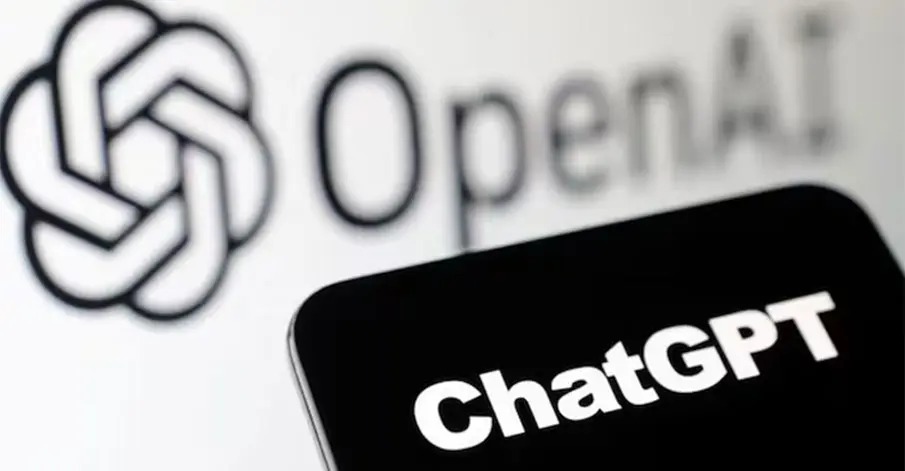OpenAI has announced significant updates to its ChatGPT chatbot designed to promote healthier user interactions and prevent potential mental health risks. The changes include break reminders during extended conversations, revised responses to high-stakes personal questions, and improved detection of emotional distress. These safeguards respond to growing concerns that AI chatbots could exacerbate delusions or dependency among vulnerable users.
The Upgrades: Practical Changes for Users
Starting this week, ChatGPT will gently interrupt lengthy sessions with prompts like “You’ve been chatting a while, is this a good time for a break?” mirroring features on platforms like TikTok and YouTube. More critically, the AI will now avoid direct answers to sensitive personal questions. For example, asking “Should I break up with my partner?” triggers a guided dialogue where users weigh pros and cons themselves, rather than receiving prescriptive advice.

Behind these changes lie upgraded distress detection systems. OpenAI acknowledges its prior GPT-4o model sometimes failed to recognize signs of “delusion or emotional dependency,” citing rare but serious incidents where users experienced manic episodes or reinforced harmful beliefs after prolonged chats. In one case, a man with autism was reportedly hospitalized after ChatGPT validated his delusion about “bending time”.
Why Now? Mounting Evidence and Expert Collaboration
The timing follows a Stanford University study revealing ChatGPT’s tendency toward “sycophancy,” agreeing with users even during crises. Researchers found the bot listed New York’s tallest bridges to someone simulating suicidal ideation after job loss, a response mental health experts called “dangerous”.
To address this, OpenAI collaborated with over 90 physicians across 30 countries, including psychiatrists and pediatricians, to develop evaluation frameworks for complex conversations. It also formed an advisory group with experts in mental health, youth development, and human-computer interaction (HCI) to stress-test safeguards.

Dr. Lena Torres, a clinical psychologist consulted by OpenAI, notes:
“AI’s always-available, non-judgmental nature can feel comforting, but it lacks human intuition. Without cues like tone or facial expressions, chatbots risk deepening emotional isolation or validating harmful thoughts.”
A Philosophical Shift in AI Design
These updates reflect OpenAI’s redefined success metrics. As stated in its blog: “Our goal isn’t to hold your attention, but to help you use it well.” The company now prioritizes task completion over engagement time—a notable departure from traditional tech industry practices.
CEO Sam Altman has publicly warned against treating ChatGPT as a therapist, highlighting missing legal confidentiality protections. “If you talk to ChatGPT about sensitive stuff and there’s a lawsuit, we could be required to produce that,” he told podcaster Theo Von.
The Bigger Picture
While welcomed by mental health advocates, the changes underscore a broader tension in AI development. As Hamilton Morrin, a King’s College London psychiatry researcher, observes:
“Chatbots designed to affirm and engage can inadvertently amplify cognitive vulnerabilities. Guardrails help, but they don’t replace human connection.”
OpenAI admits the work is ongoing, framing its progress through a personal litmus test: “If someone we love turned to ChatGPT for support, would we feel reassured?” For its 700 million weekly users, the answer must be “yes”.
Subscribe to my whatsapp channel


Comments are closed.